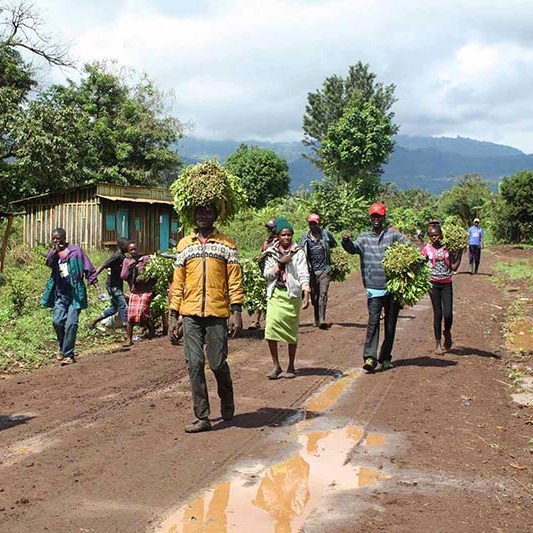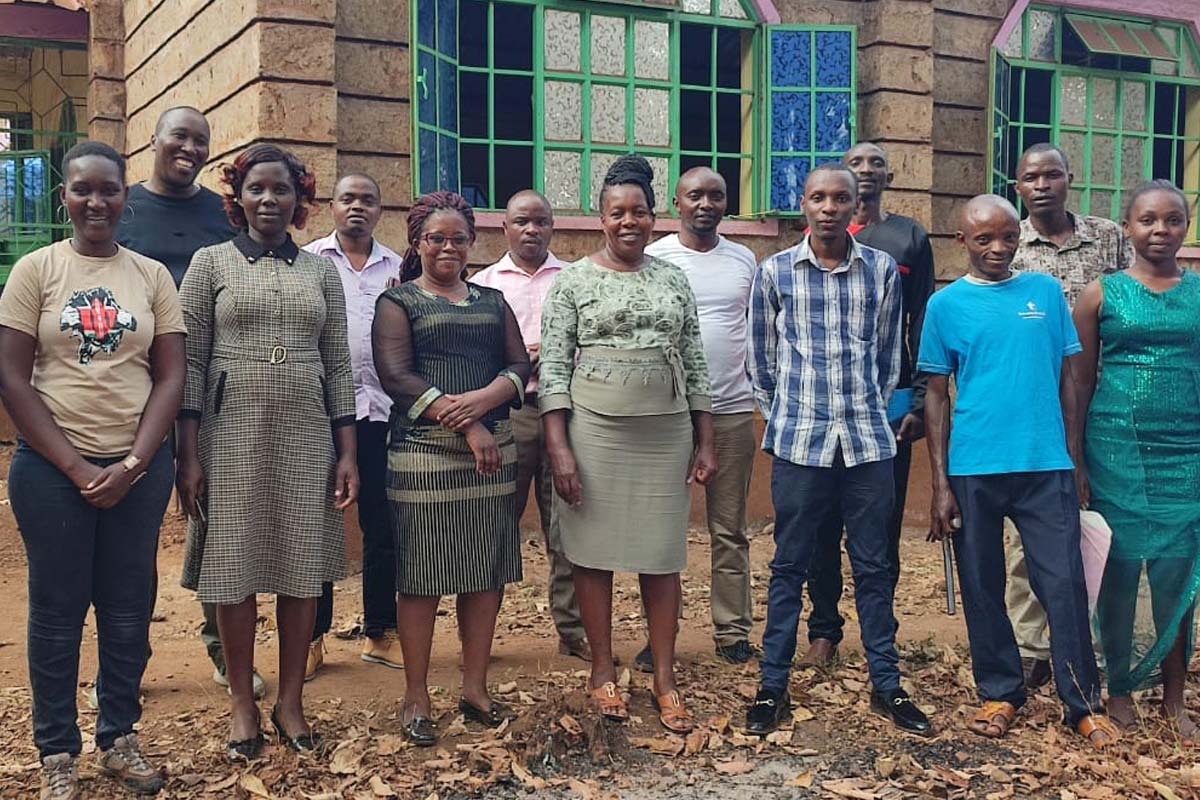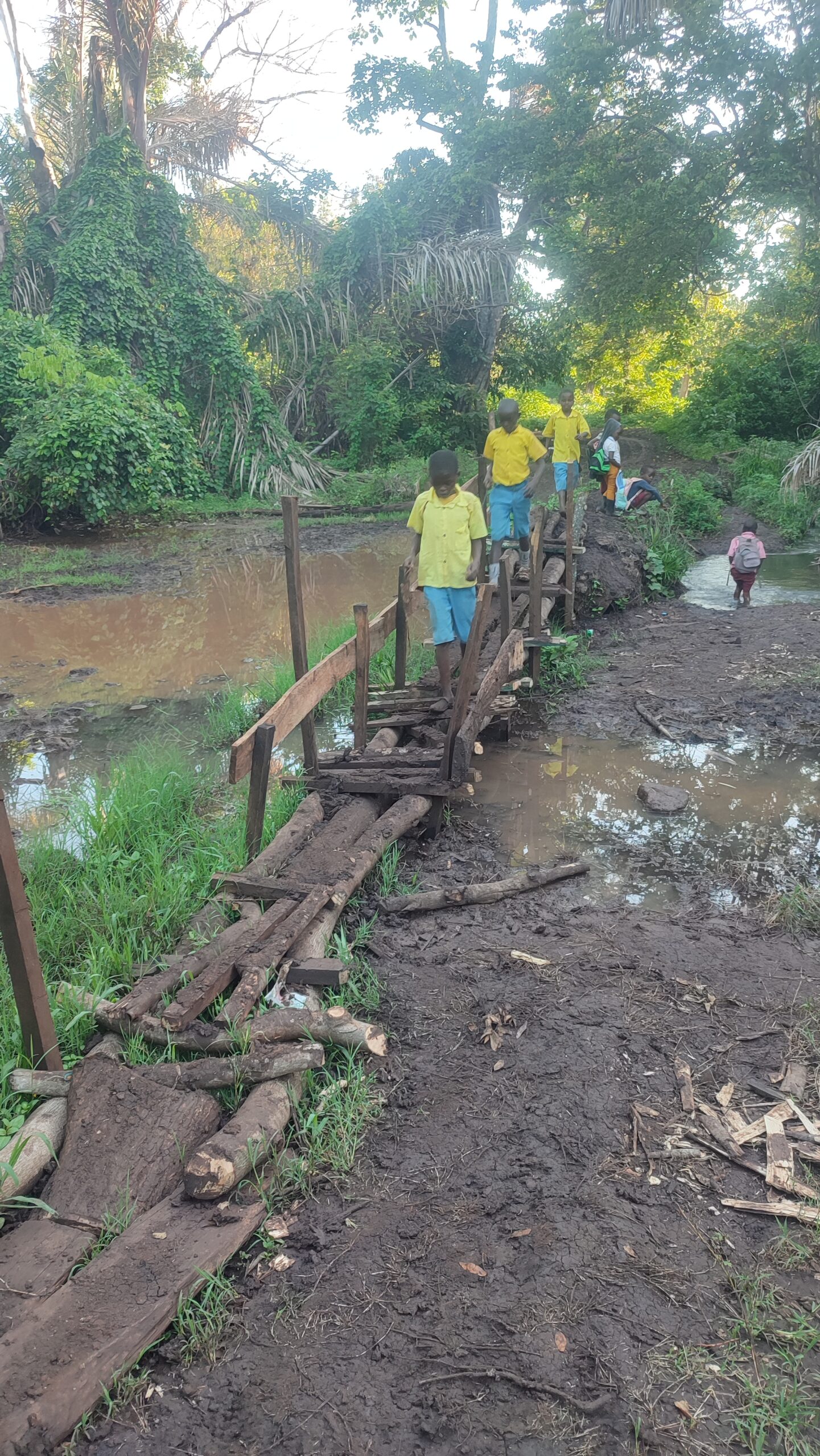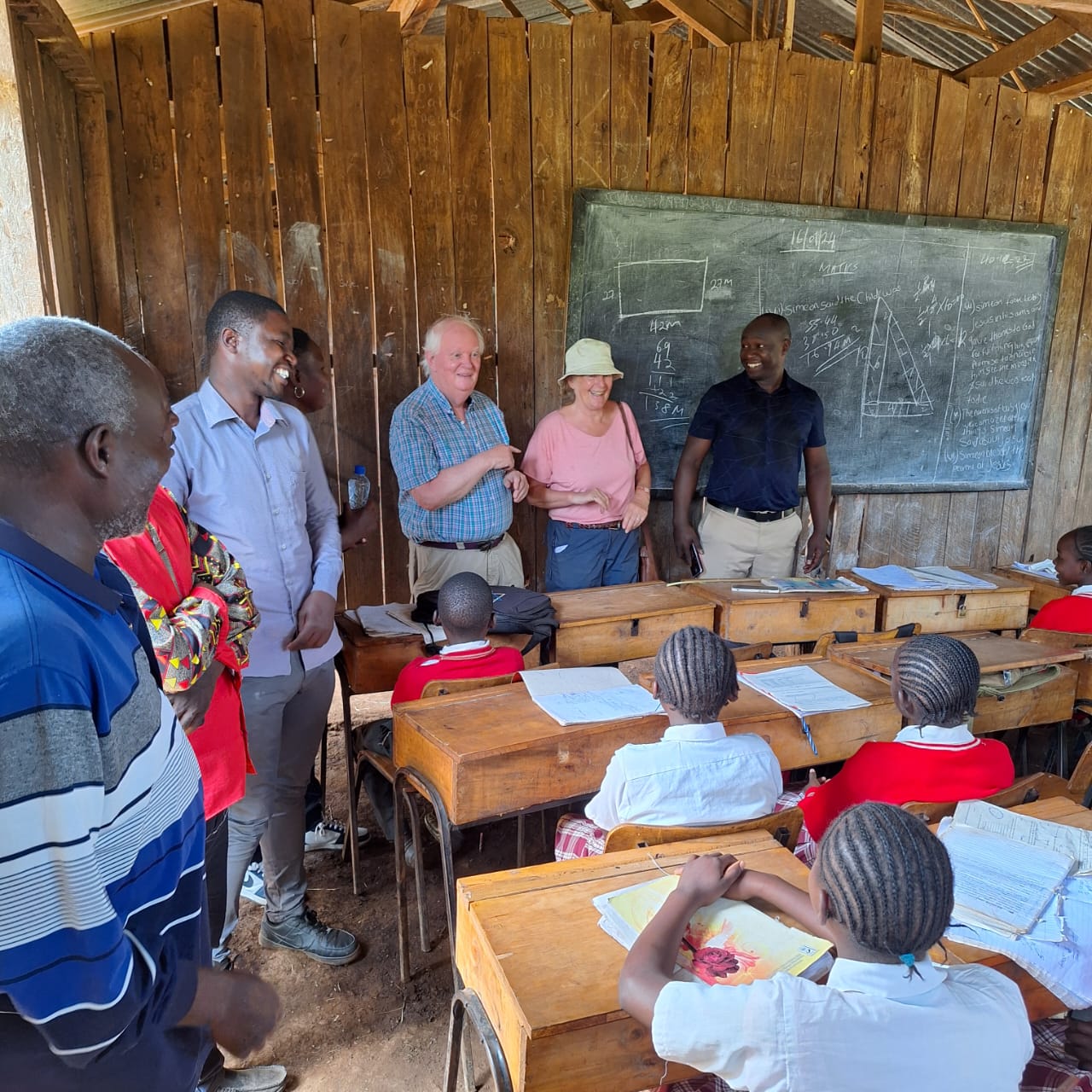
The impact of COVID-19 on the Kanjoo community.
The coronavirus pandemic has gripped the world and numbers continue to rise rapidly across the globe. While much of the world is now under strict lockdown, the number of cases in Africa has remained relatively subdued.
In Kenya, where the Hummingbird Initiative is active, out of its 53 million inhabitants, currently just over 200 people are known to be infected with the virus. However, over half of Kenya’s total population live in poverty and more than half of those people live in rural landscapes. This means that many communities are highly vulnerable to the pandemic, which is likely to spread quickly and voraciously through the continent. Worse still, these communities do not have the resources to take preventative actions or pursue treatments.
Change will not come if we wait for some other person or some other time. We are the ones we’ve been waiting for. We are the change that we seek.” Barack Obama
As a precautionary measure, the Kenyan Government has banned the sale of Miraa (a local crop); the main source of income for many in the Kanjoo community. Our Project Officer in Meru County spoke to a number of community members last week who are already feeling the devastating effects of their reduced incomes and fear for their financial futures. These farmers are looking for ways to diversify their farming outputs in an attempt to mitigate the damage inflicted by the pandemic.
Wambui David (pictured), with her husband, have traditionally only grown miraa, but are now exploring chicken farming. Once the chicks are fully grown, they hoped to sell them for around Kshs.350 each (£2.70). If the pandemic does indeed spread into the rural corners of the developing world, Wambui fears they may not be able to sell the chickens either.
As we are well aware, the most effective ways to reduce the spread of coronavirus is to minimise contact with other people and wash hands regularly: behaviours that are not always possible within remote pastoral communities, where people are reliant on subsistence farming and do not have access to soap or running water. Though this is an emergency project, THI are doing everything to ensure this initiative serves the community in the long-term, beyond the immediate threat of COVID-19.
We hope that the delivery of the Hummingbird Initiative’s new handwashing project to the 500 homes within the Kanjoo community will mitigate the risk of the spread of COVID-19 and other diseases. Our team on the ground has developed an easy, improvised water and soap dispenser system to be accessed by each household (consisting of 4 homes). Not only is the provision of sanitation resources necessary, but in addition, people require the education from our Kenyan team on how to wash hands properly and why it is of such vital importance.
Final Thoughts
This pandemic has made the world realise how much we all need to support each other to get through it. If you would like to help the Kanjoo community and save lives, please head to our donate page. Every single penny goes directly to the community. Thank you.



